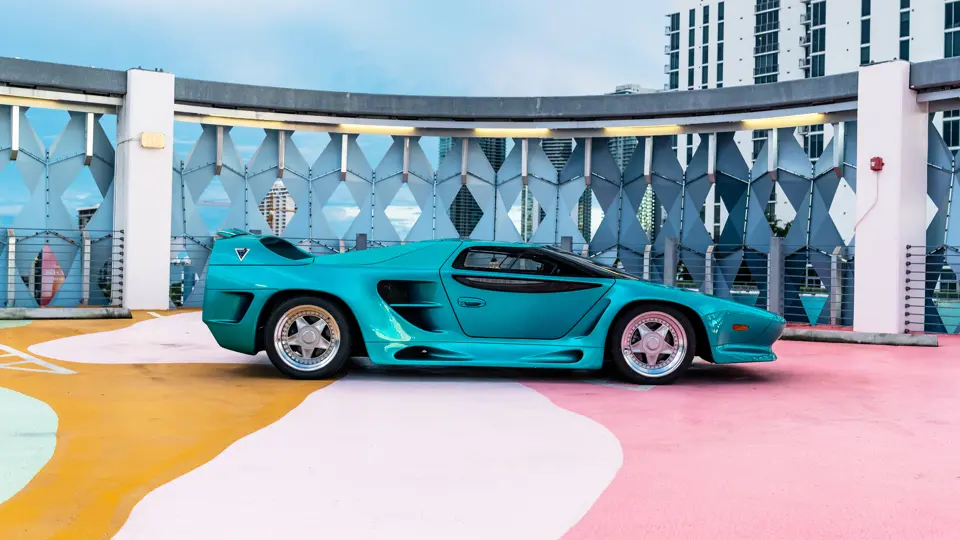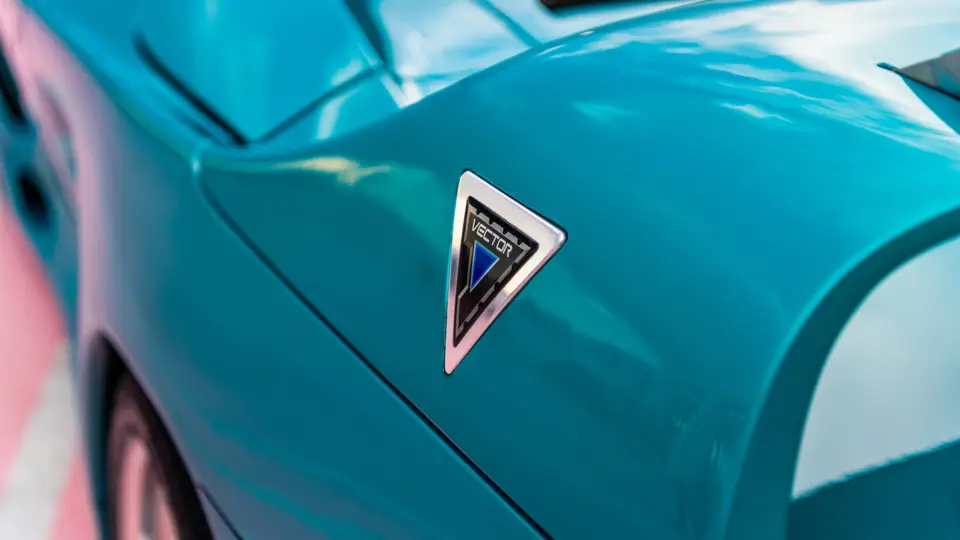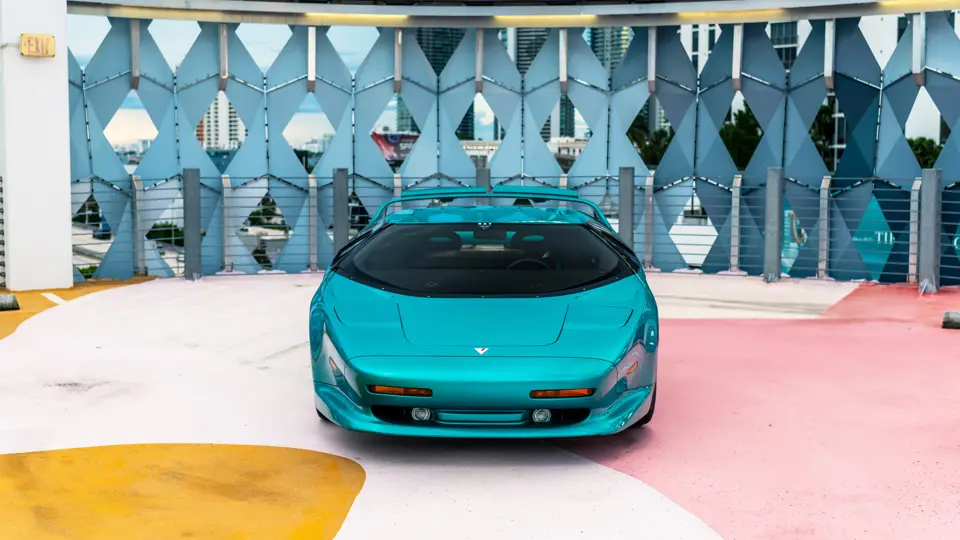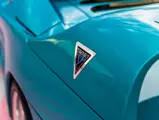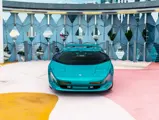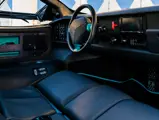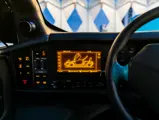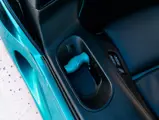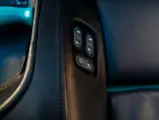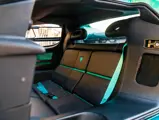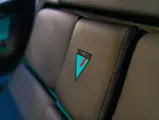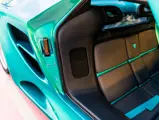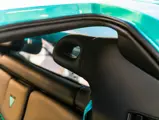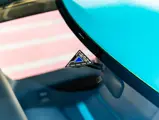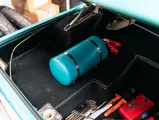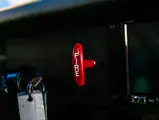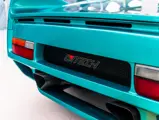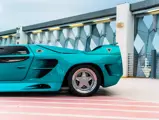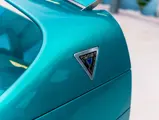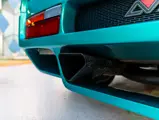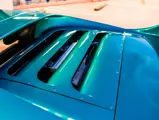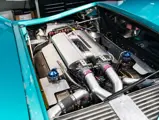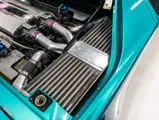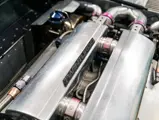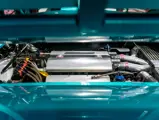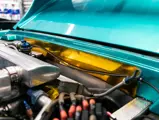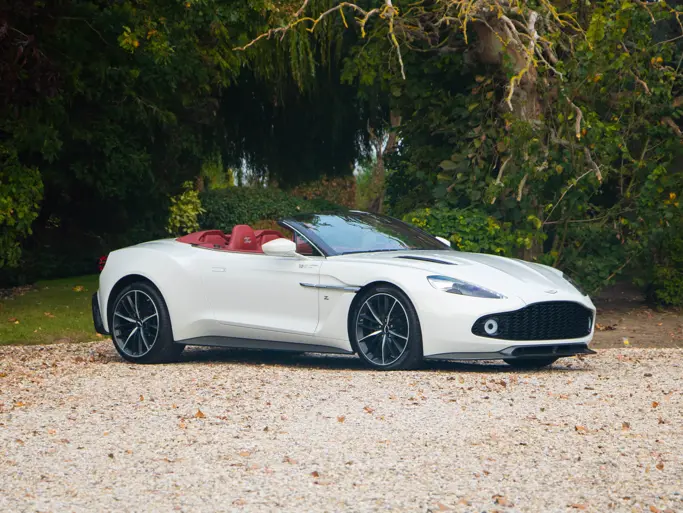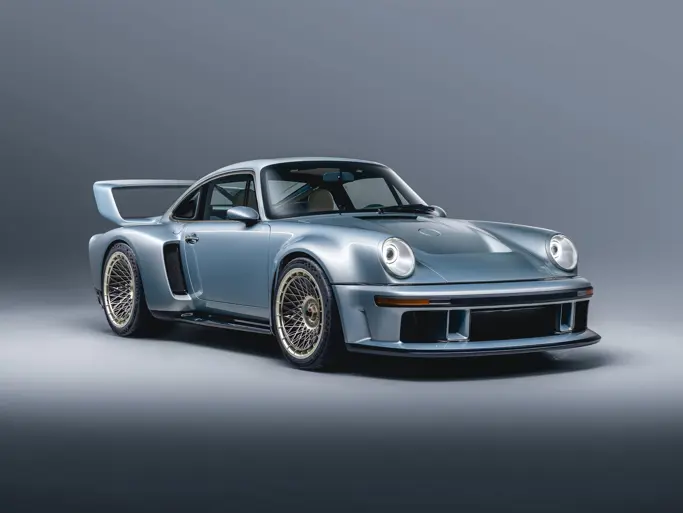
1993 Vector Avtech WX-3 Prototype
{{lr.item.text}}
$1,300,000 - $1,500,000 USD | Not Sold
The Turbollection
{{bidding.lot.reserveStatusFormatted}}
- The most radical and technologically advanced tour de force released by America’s first supercar manufacturer; the only WX-3 coupe prototype produced
- Displayed by Vector at the Geneva International Auto Salon in 1992 and 1993; extensively featured in marque advertising and period automotive press
- Retained by company founder Jerry Wiegert until 2019, and currently shows fewer than 2,625 miles since new
- Powered by its original twin-turbocharged, 7.0-liter, all-aluminum V-8 engine producing a conservatively manufacturer-rated 1,000 hp
- Benefits from nearly $300,000 in restoration work executed between 2019–2021
In the 1990s, a wave of audacious supercar manufacturers emerged to challenge Ferrari, Lamborghini, and Porsche. One standout was Vector Aeromotive, founded by Jerry Wiegert in Wilmington, California. Wiegert, a veteran of Detroit's Big Three automakers, launched America’s first supercar, the Vector W8, in 1990, despite funding challenges. Incorporating cutting-edge computer engineering and aerospace materials, Vector Aeromotive epitomized the innovative spirit of the Nineties supercar scene. Wiegert’s goal for the W8 was clear: “to build a fighter jet on four wheels,” a goal that Vector undeniably achieved during its brief existence.
The W8 featured a monocoque chassis bonded with epoxy and riveted to an aluminum honeycomb structure, using about 5,000 aircraft-grade rivets. Its 625-horsepower, twin-turbocharged 6.0-liter Rodeck V-8 engine set jaw-dropping performance benchmarks with reported speeds reaching 242 mph. Nearly two dozen W8 examples were sold at $450,000 each, thereby allowing Wiegert to turn his focus to its stunning, but tragically fated successor, the Avtech WX-3.
Retained by Wiegart until 2019 and now offered today with fewer than 2,625 miles driven since new, the Vector Avtech WX-3 Prototype is a singular, storied, and irreproachable testament to American innovation, and the no-holds-barred essence of a true, hand-built supercar.
Vector debuted this heavily anticipated Avtech WX-3 Prototype at the 1992 Geneva Motor Show as non-running, but fully trimmed, display model, showcasing the marque’s evolution in technology and design. Owing its advanced composition to the W8, including carbon fiber, aluminum honeycomb, and Kevlar structures, the WX-3 also integrated a complete roll cage within its angular profile, as well as streamlined bumpers typical of early 1990s design.
Inside, the cockpit layout echoed aerospace influences, though it was more refined than the W8, with billet-machined switches and the conventionally arranged controls. The WX-3’s seating layout was anything but conventional, with a three-place bench configuration complemented by innovative features like lightweight sliding side windows and integrated A-pillar mirrors.
In 1993, Vector revealed the upgraded WX-3 (and new WX-3 Roadster) at Geneva, featuring a twin-turbocharged 7.0-liter V-8 engine delivering a claimed 1,000 horsepower. Now painted in the same Brilliant Aquamarine which it wears today, the former Road & Track editor John Dinkel hailed the WX-3 as unparalleled among its peers, praising Vector’s commitment to cutting-edge technology and uncompromising design.
Vector envisioned a range of high-performance engines for the WX-3, promising outputs from 600 to 1,200 horsepower. This prototype boasted an exclusive, 1,000-horsepower version of the twin-turbo V-8, paired with a modified General Motors Turbo-Hydramatic 425 transmission. At the time, Wiegert stated that this WX-3 coupe was capable of 0–60 mph in 3.3 seconds en route to a top speed of 248 mph.
The WX-3 was extremely well-received by the media, both at its teaser introduction in Geneva 1992, and as a complete vehicle a year later. Between late 1992 and 1995, this car also appeared in several period publications, including Car Styling (07/92), Performance Cars (09/92), Car Stereo Review (10/92), a TV piece for the Australian technology program Beyond 2000, an advertisement for Bridgestone tires, multiples articles in leading newspapers including the New York Times, and even an episode of the America crime drama Burke’s Law. Both Avtech WX-3 prototypes also featured heavily in the marque’s period advertising, and a late 1993 ad, in particular, shows this car before and after its repaint—a marketing choice which was likely intended to imply that the model was already in series production
The WX-3 was a gleaming embodiment of the future—not just the future of the American supercar, but the future of the supercar, period.
Yet despite announcing a $765,000 price tag at Geneva in 1993, neither WX-3 model progressed beyond the prototype stage. Vector faced a hostile takeover attempt by the Indonesian-government backed Megatech. After legal battles, Wiegert successfully retained ownership of the WX-3 design and the two prototypes. Megatech’s subsequent Lamborghini Diablo-based M12 still borrowed heavily from the WX-3’s styling but failed to gain traction in the market—or on the track.
Wiegert retained both special prototypes until 2019, when RM Sotheby’s brokered their historic sale to a private US-based collector. While within the previous owner’s care, the WX-3 Coupe was furnished with $300,000 of restoration work completed by Miller Motorcars of Greenwich, Connecticut. This work primarily focused on enhancing the mechanical aspects of the car, alongside installing a new interior carefully chosen to match the original colors.
Vector Aeromotive’s inability to successfully scale supercar production should not diminish this prototype’s stellar legacy as the final product created by America’s first true supercar company. Founder Jerry Wiegert will be remembered alongside supercar visionaries like Horacio Pagani, or Christian von Koenigsegg for creating something entirely new, doing it without compromise, and in his own audacious style.




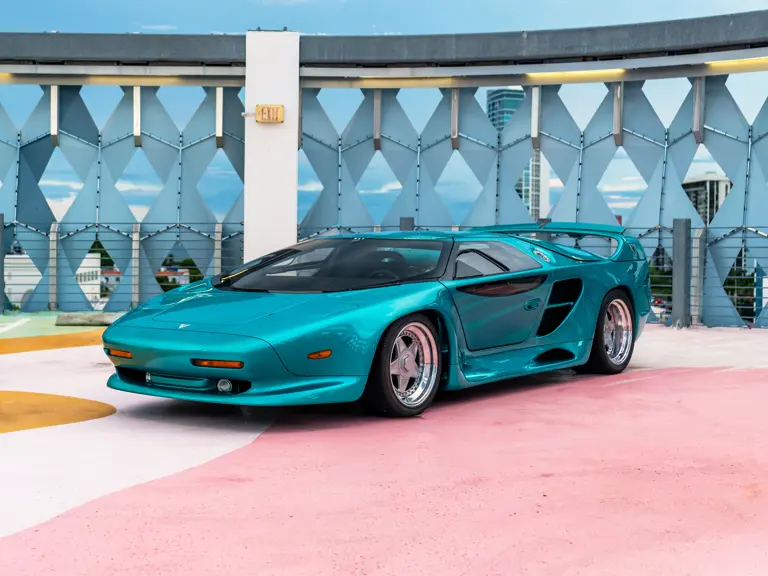
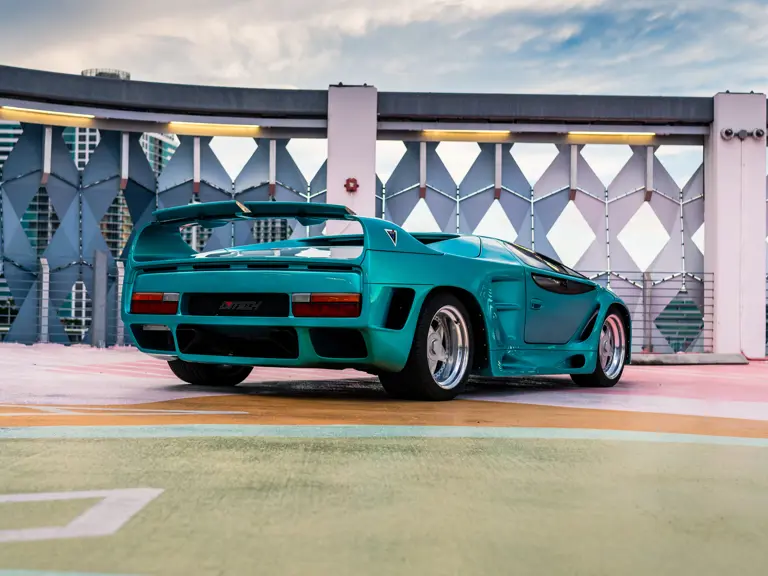
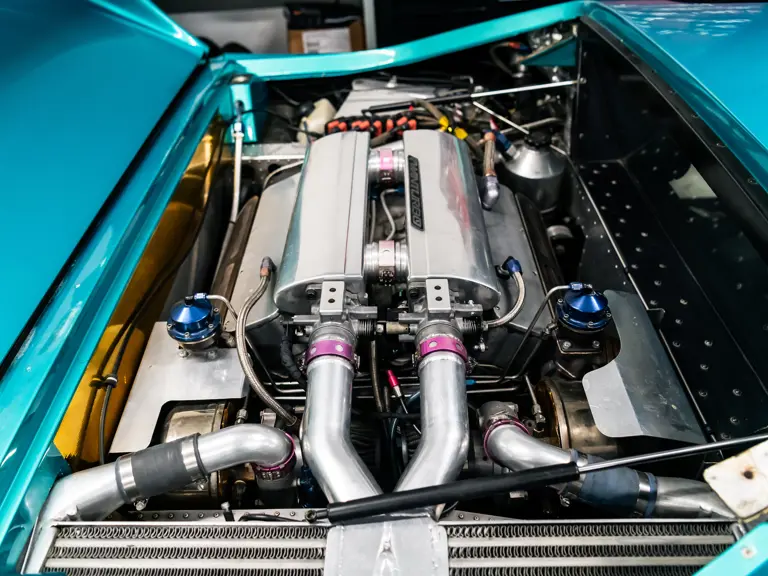
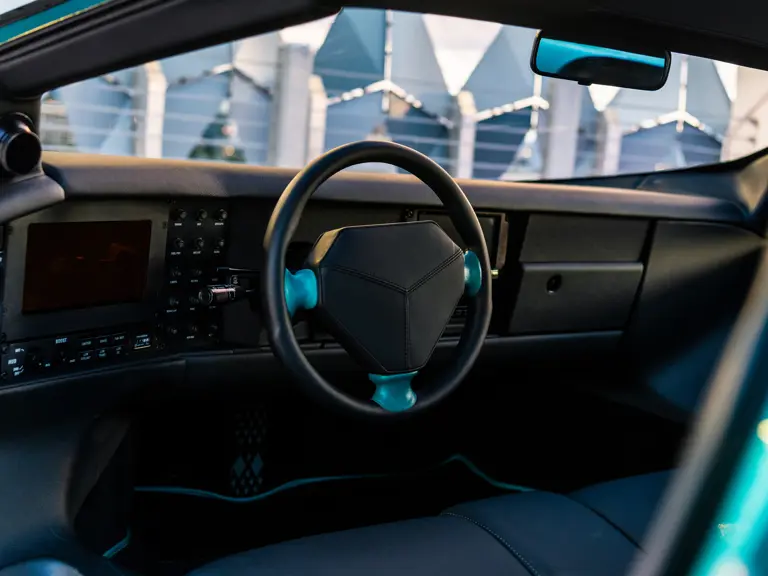

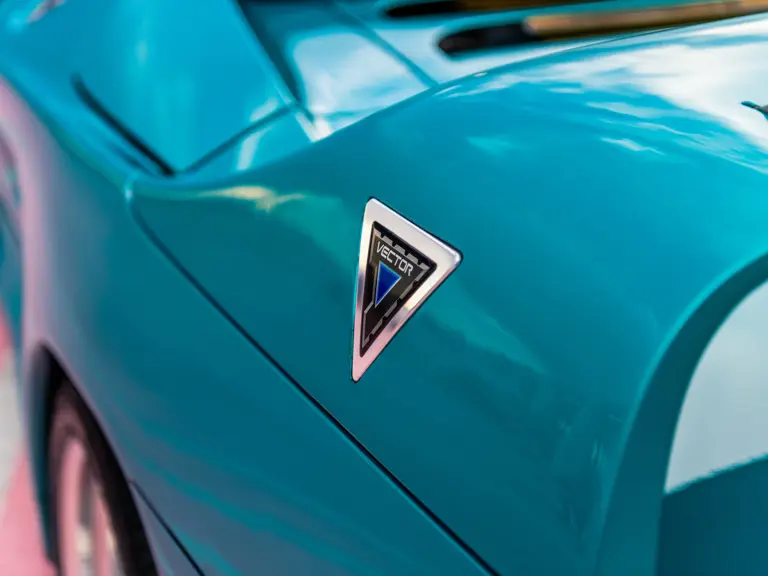
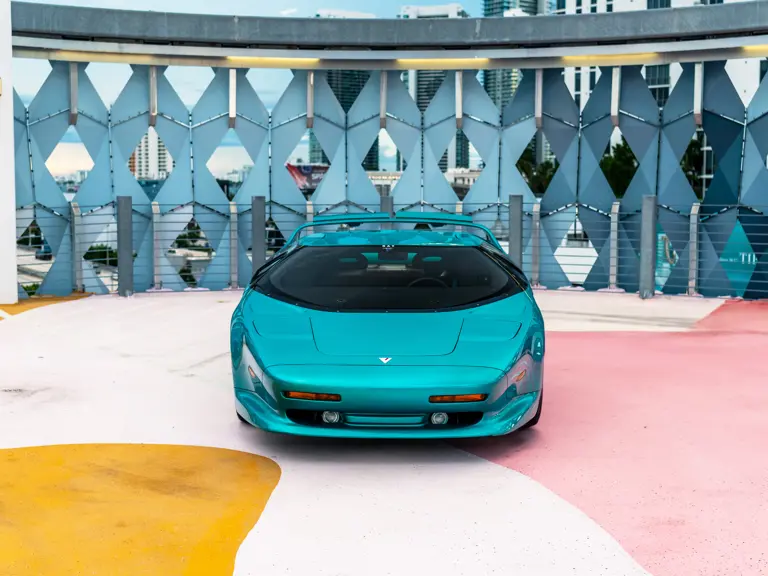
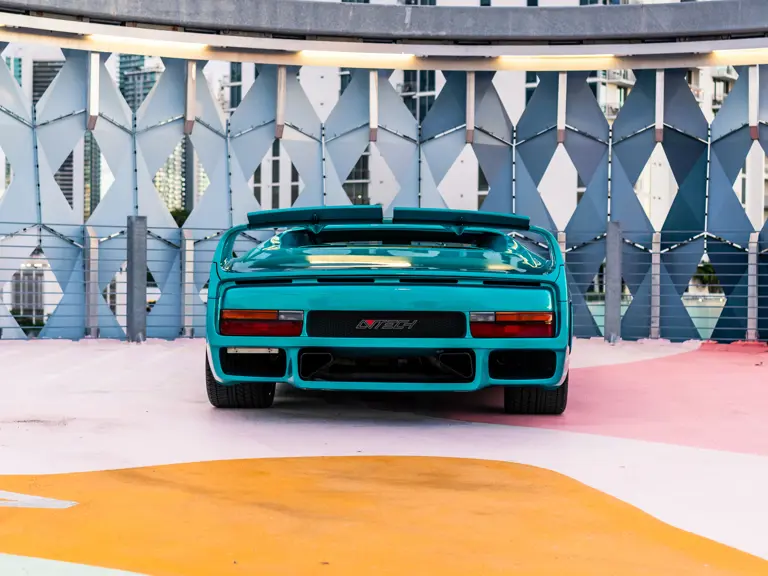


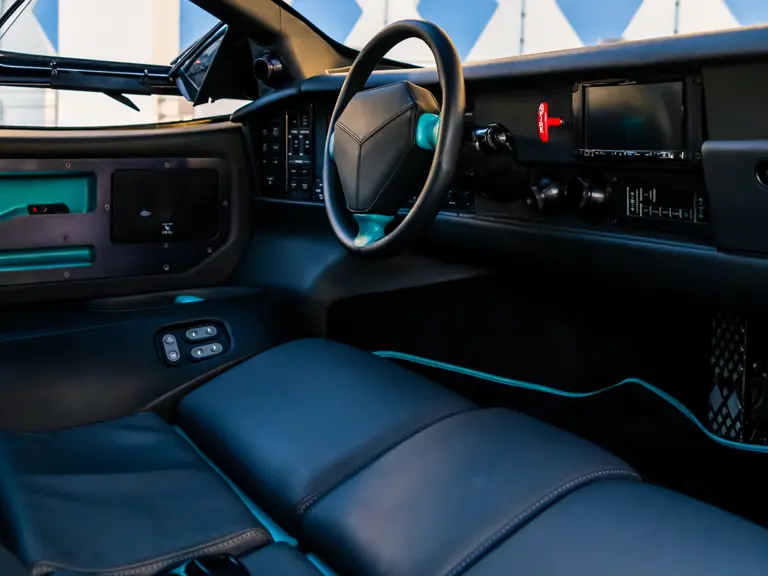
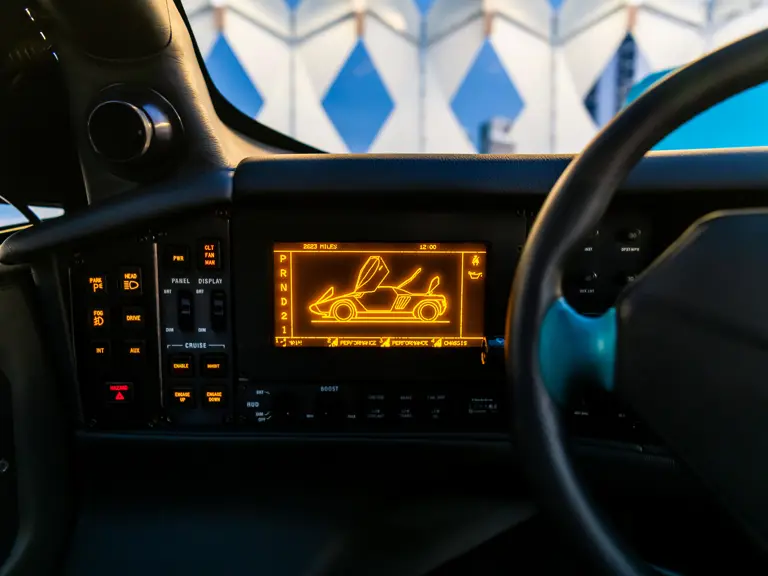
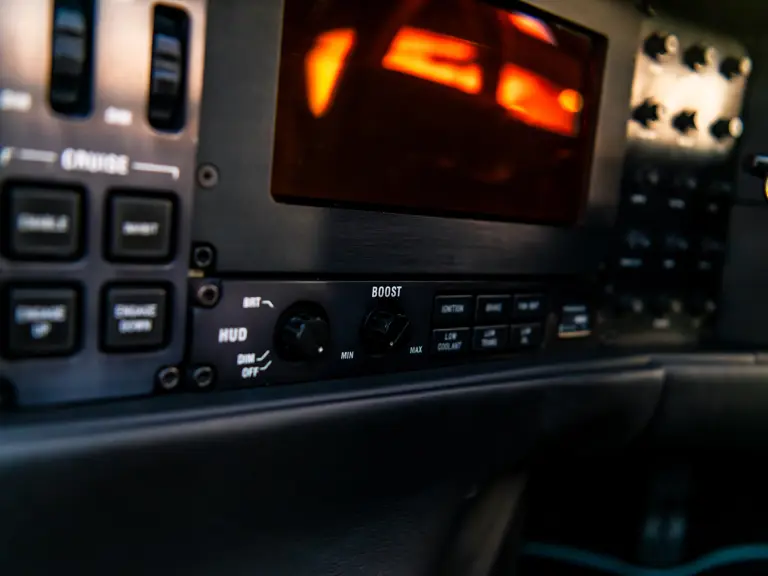
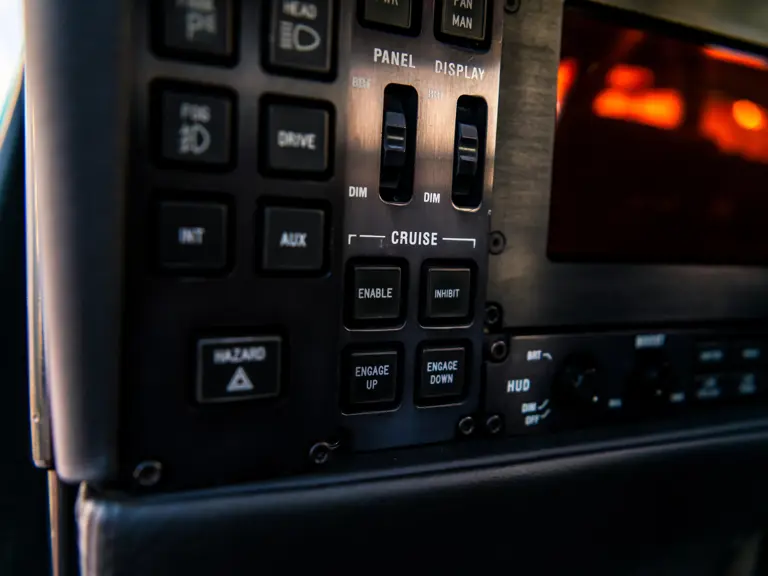

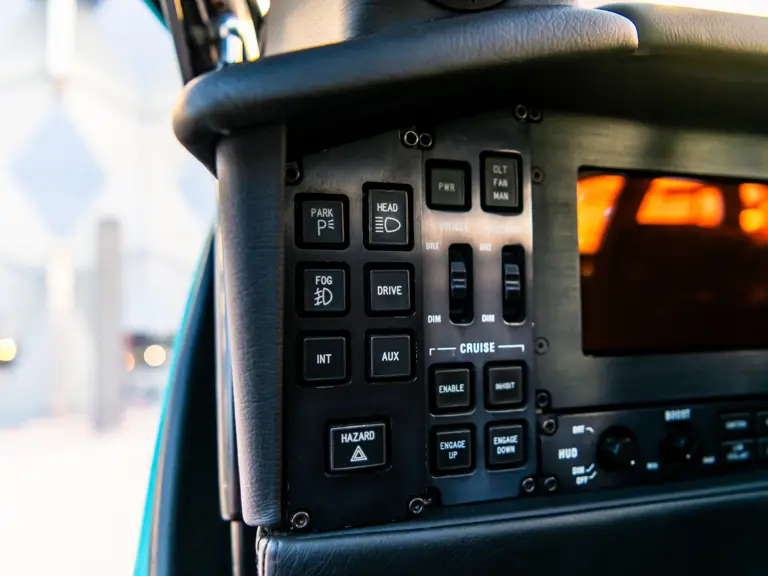
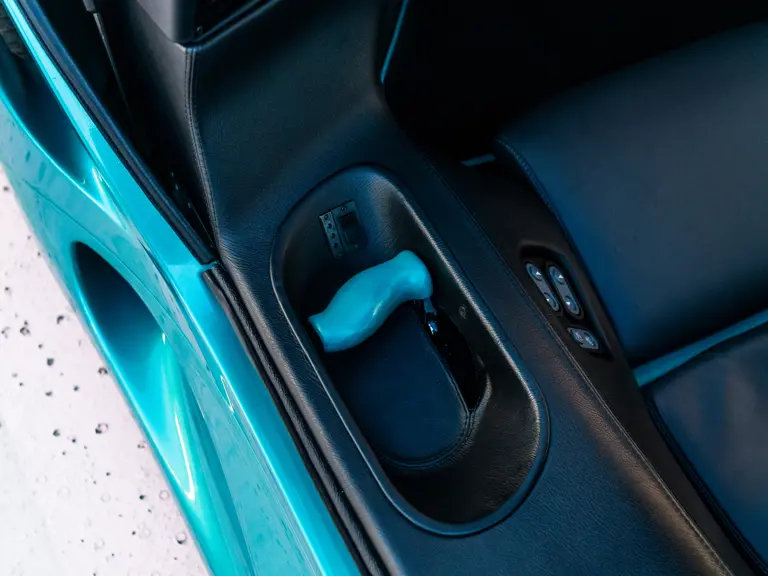
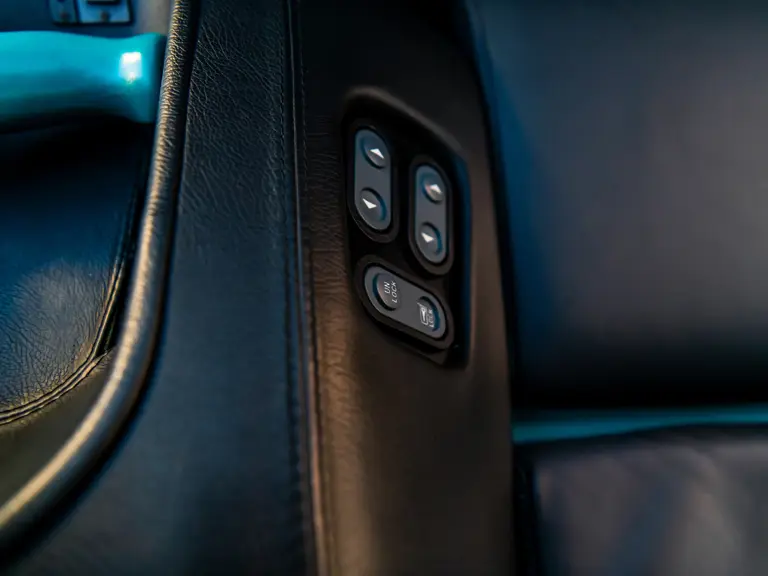
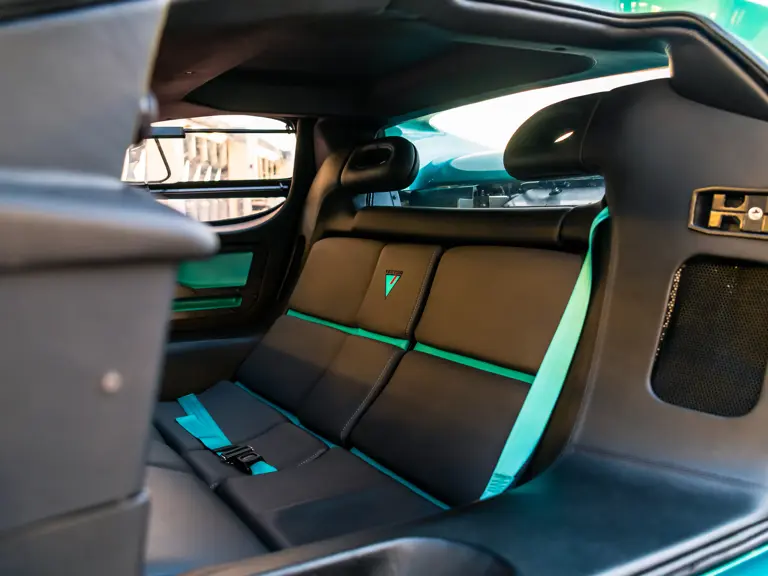
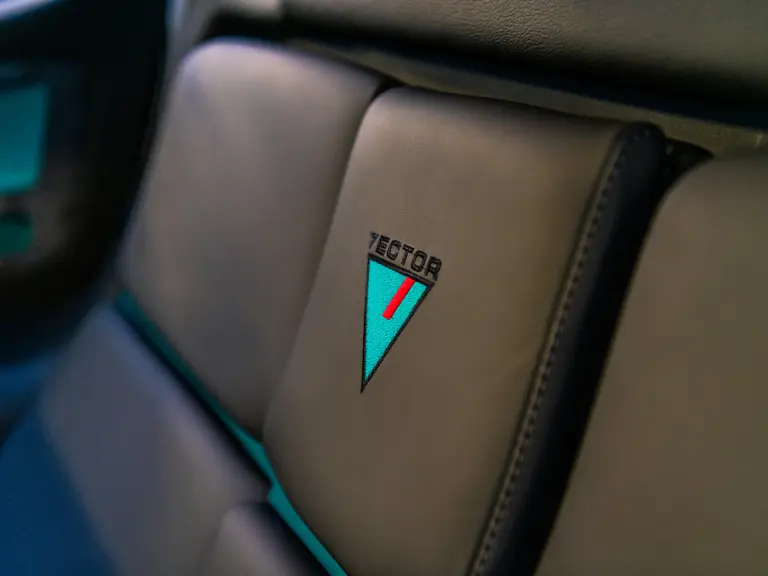
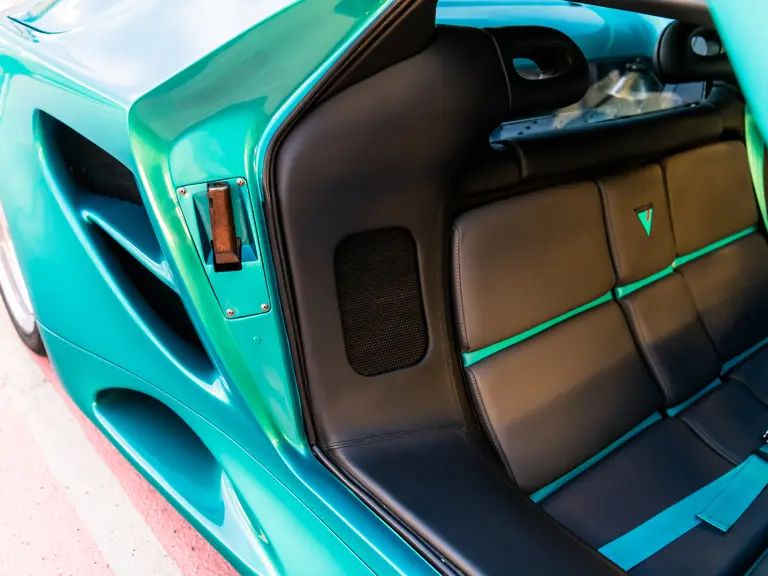
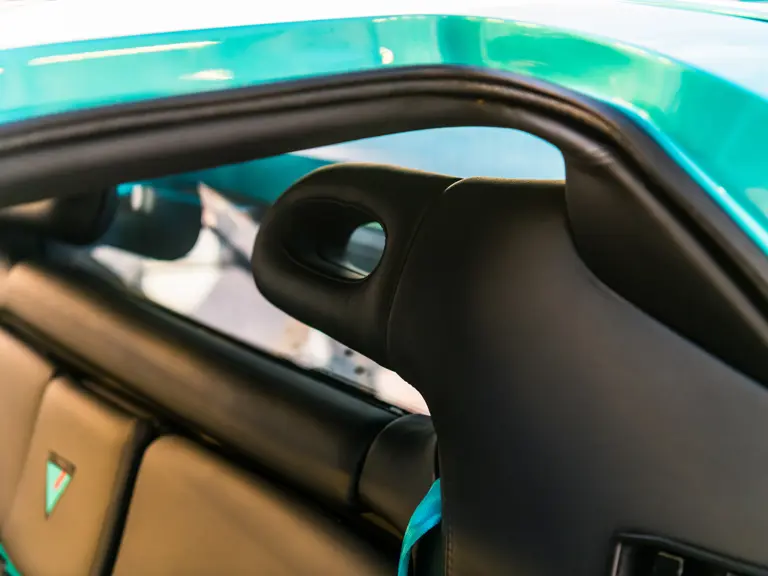
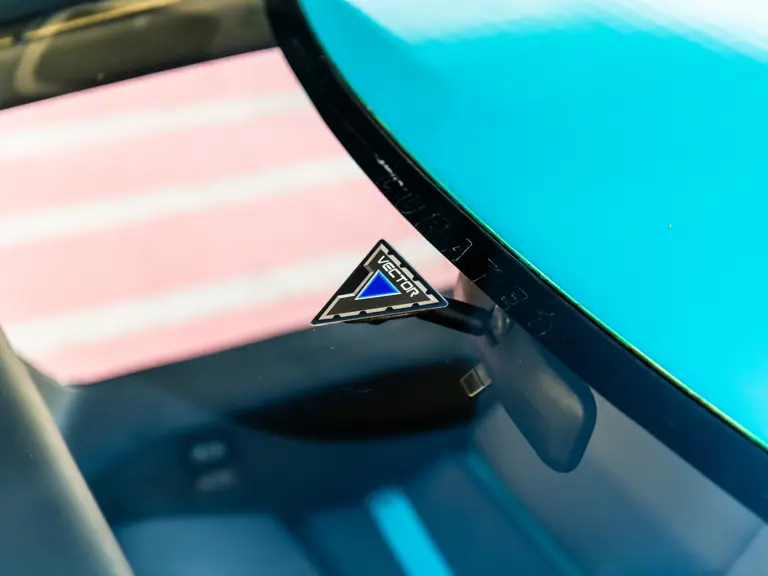
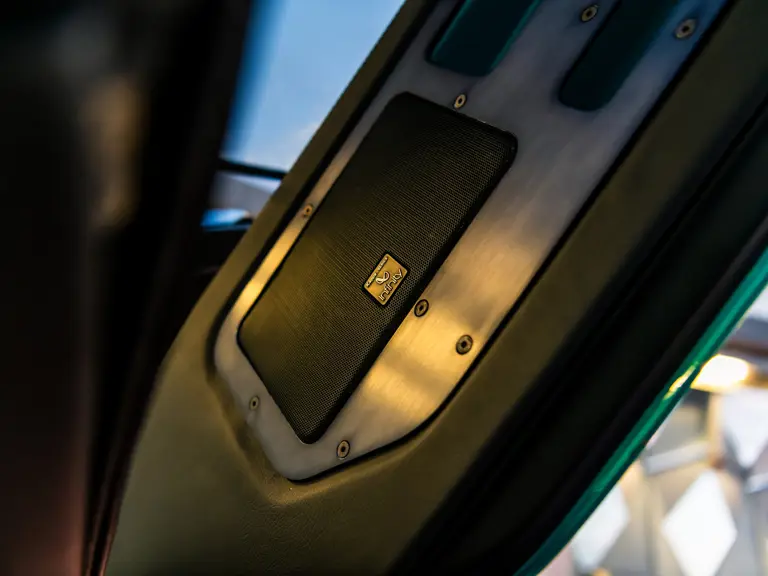
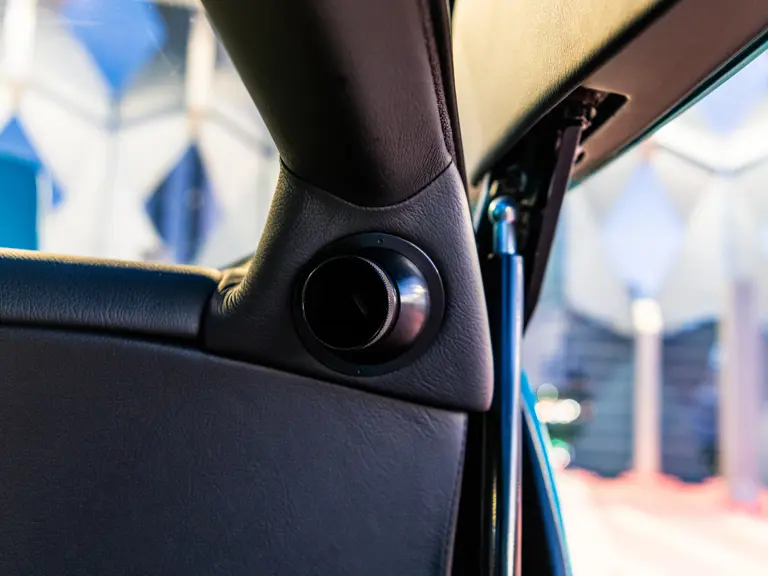
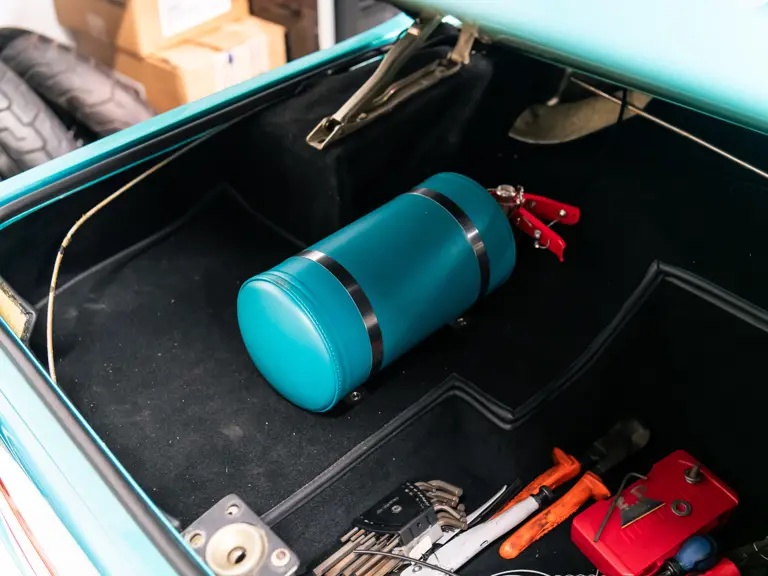
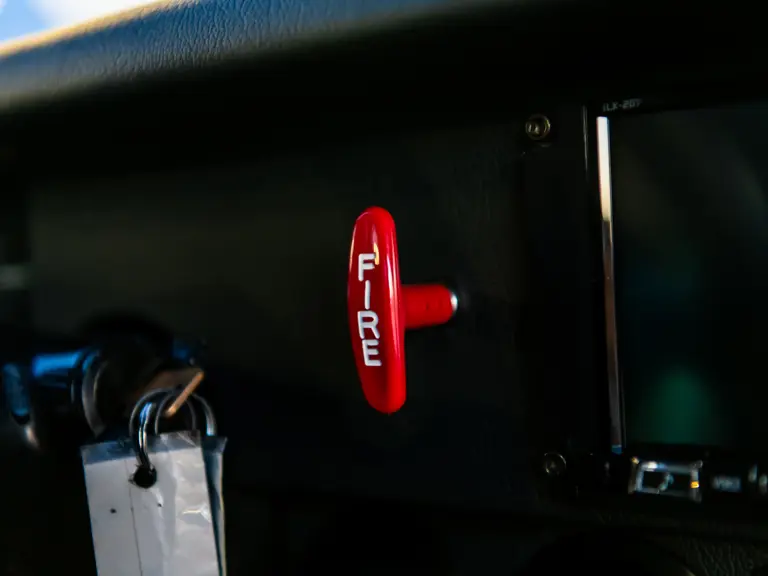
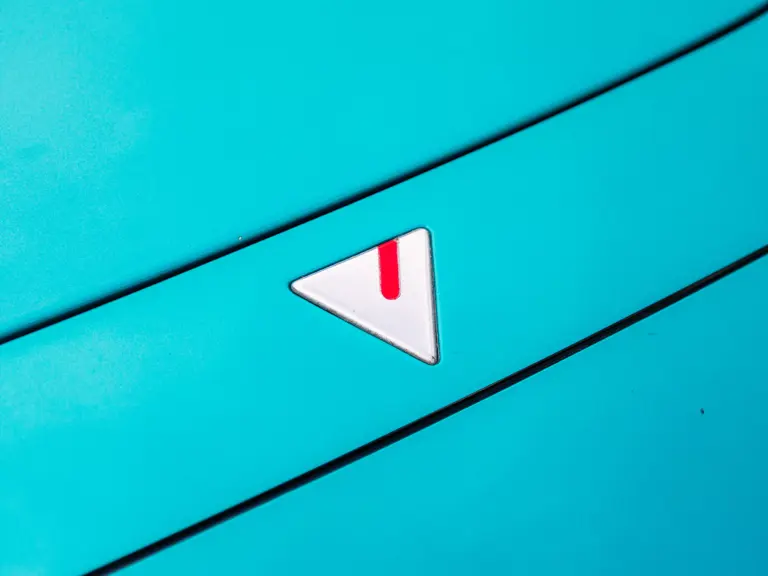
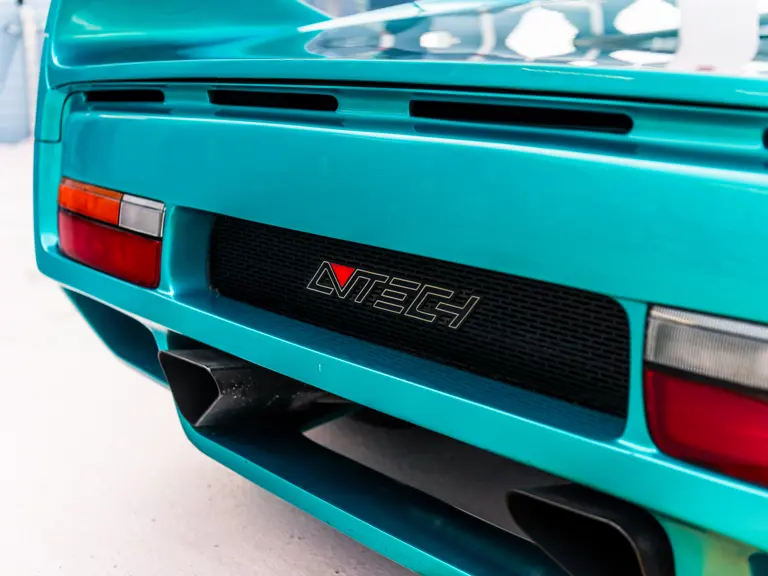
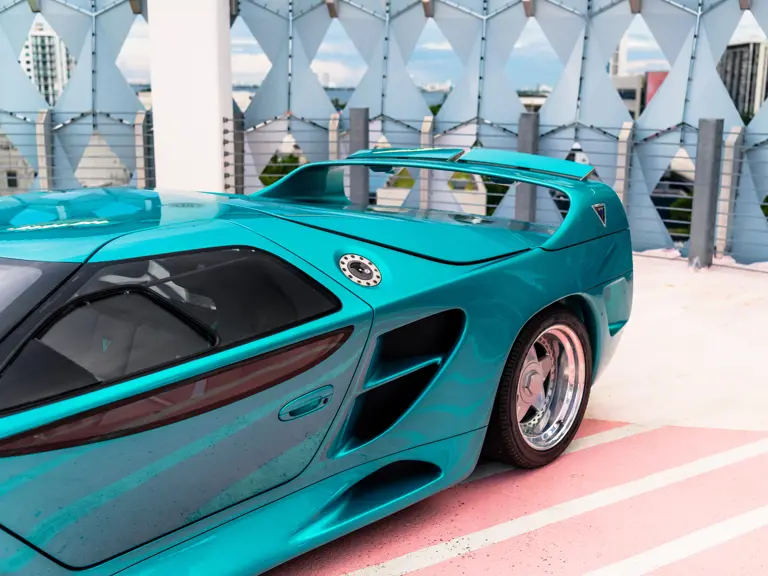
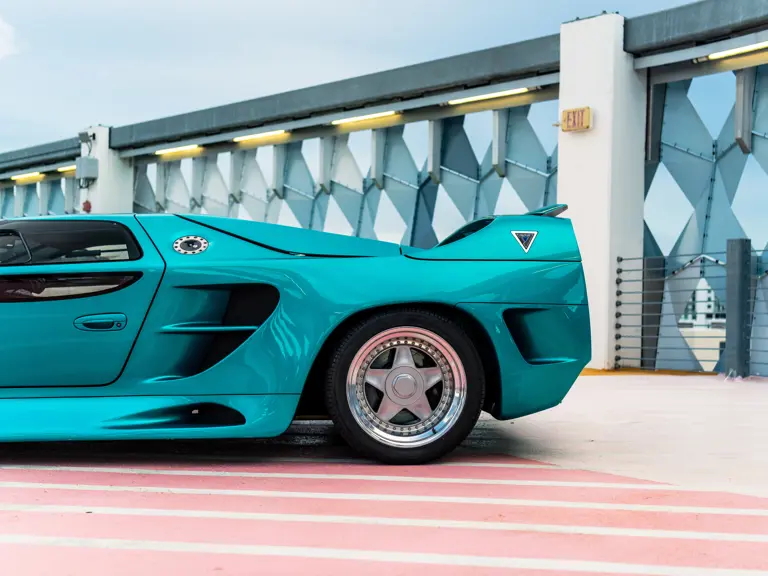
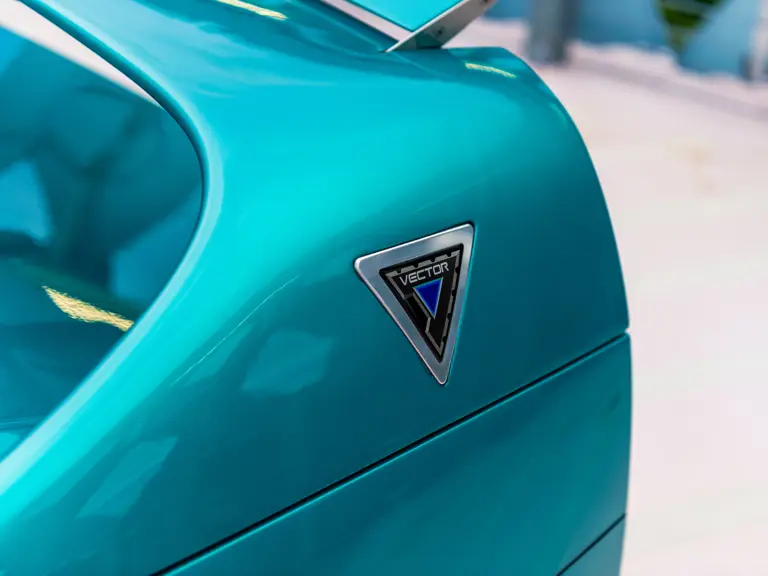
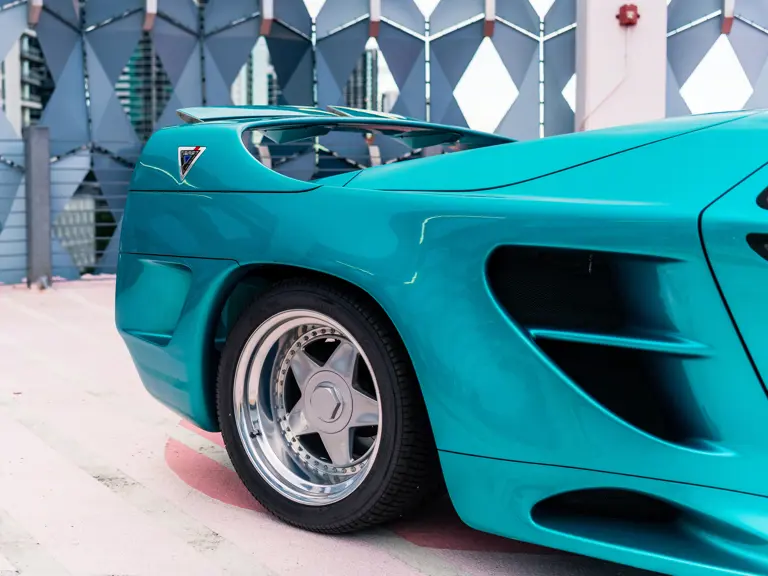
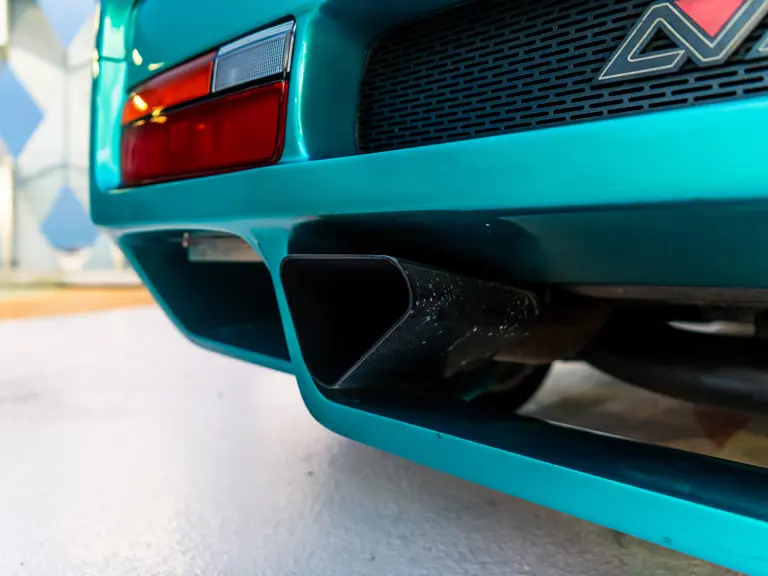
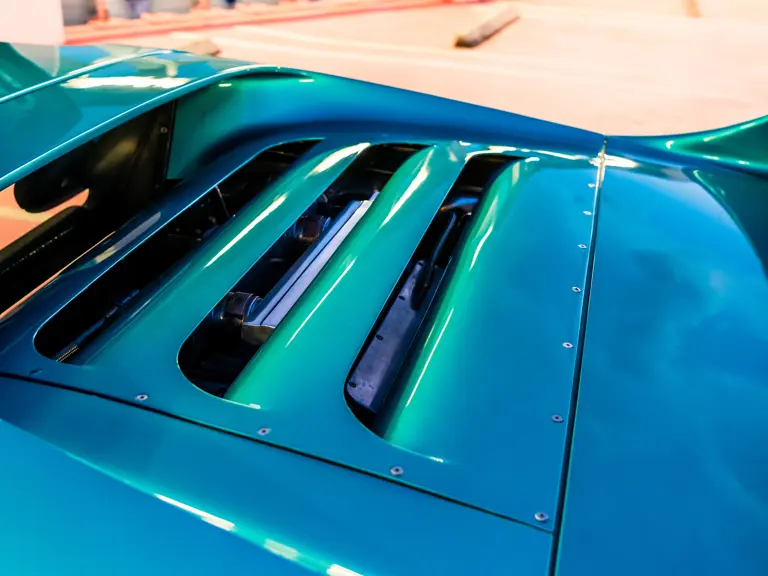
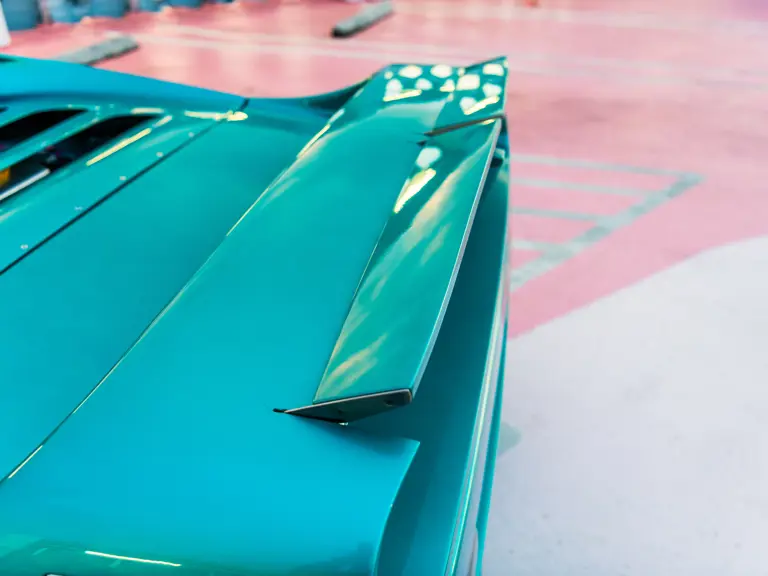
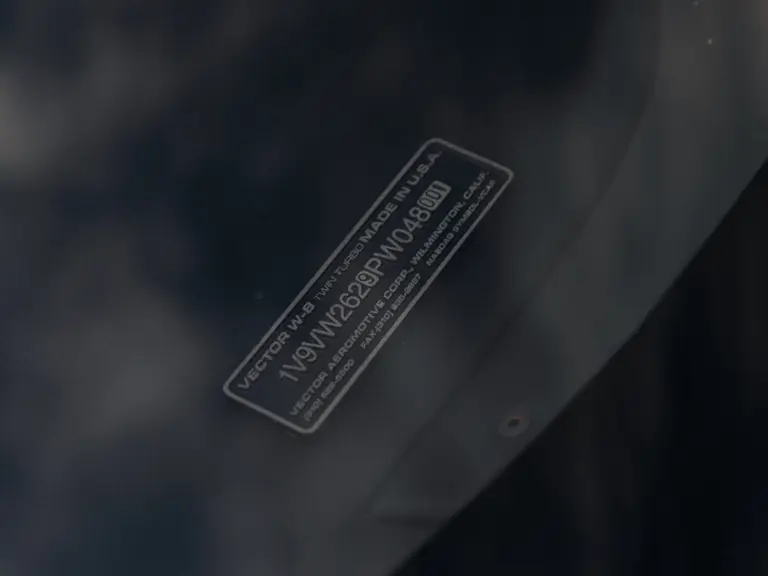
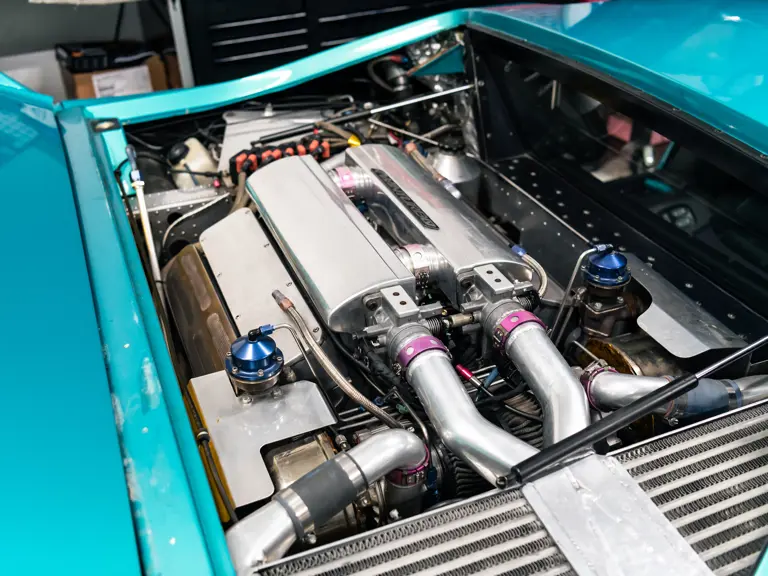
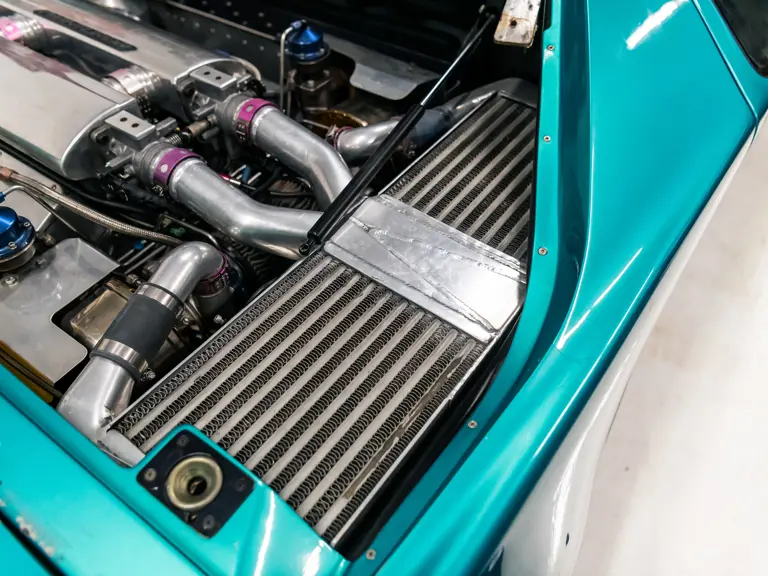
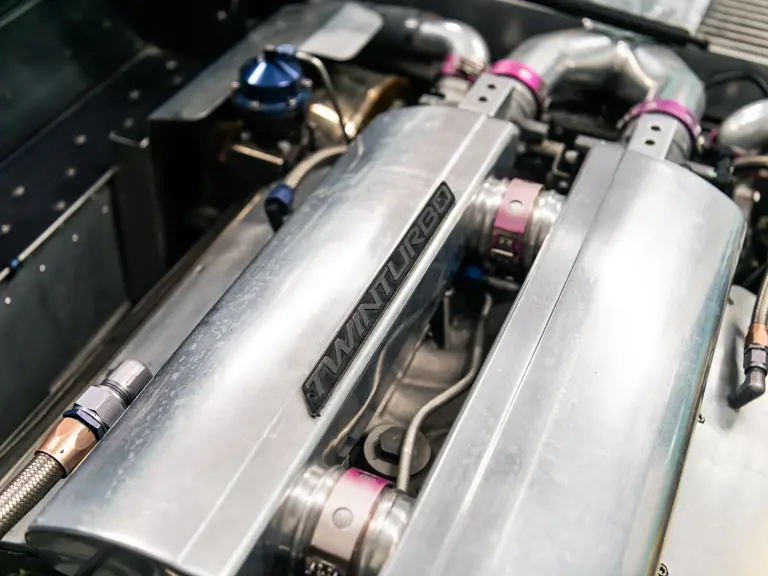
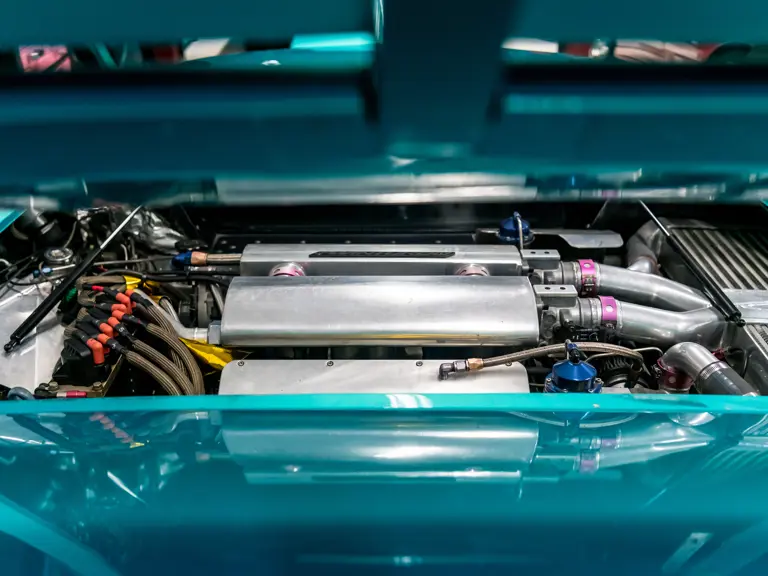
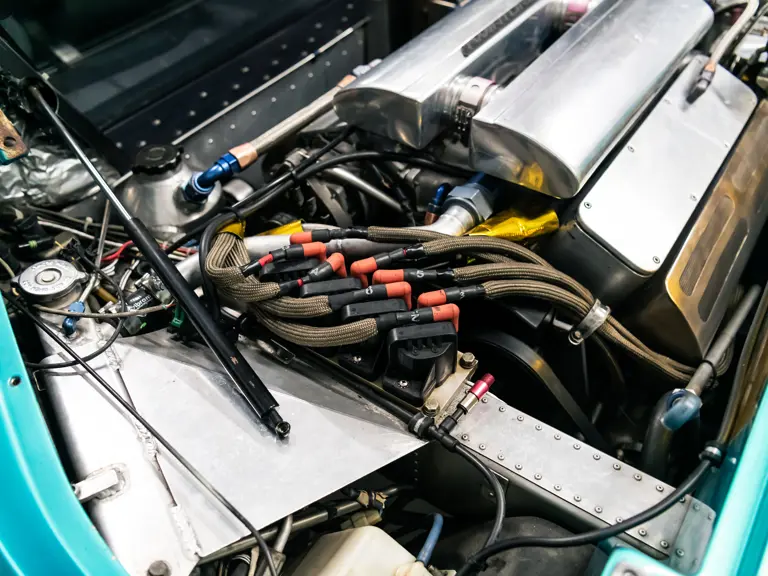
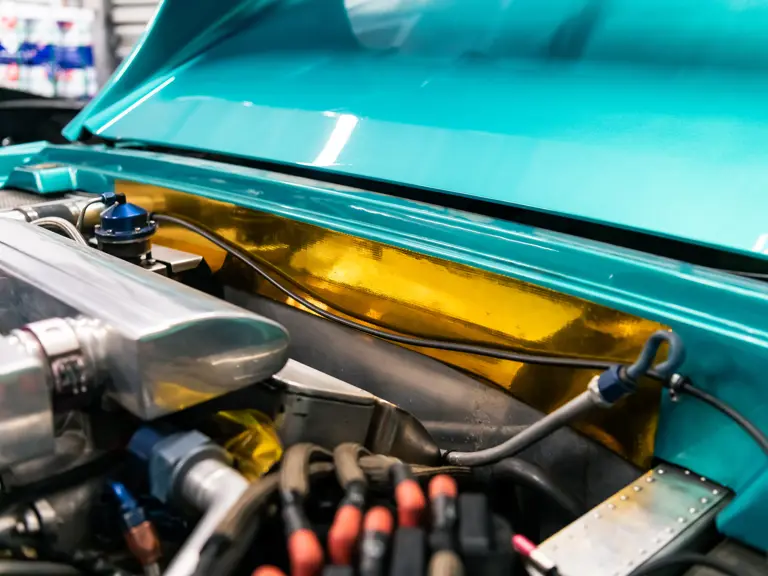
 | Monterey, California
| Monterey, California
